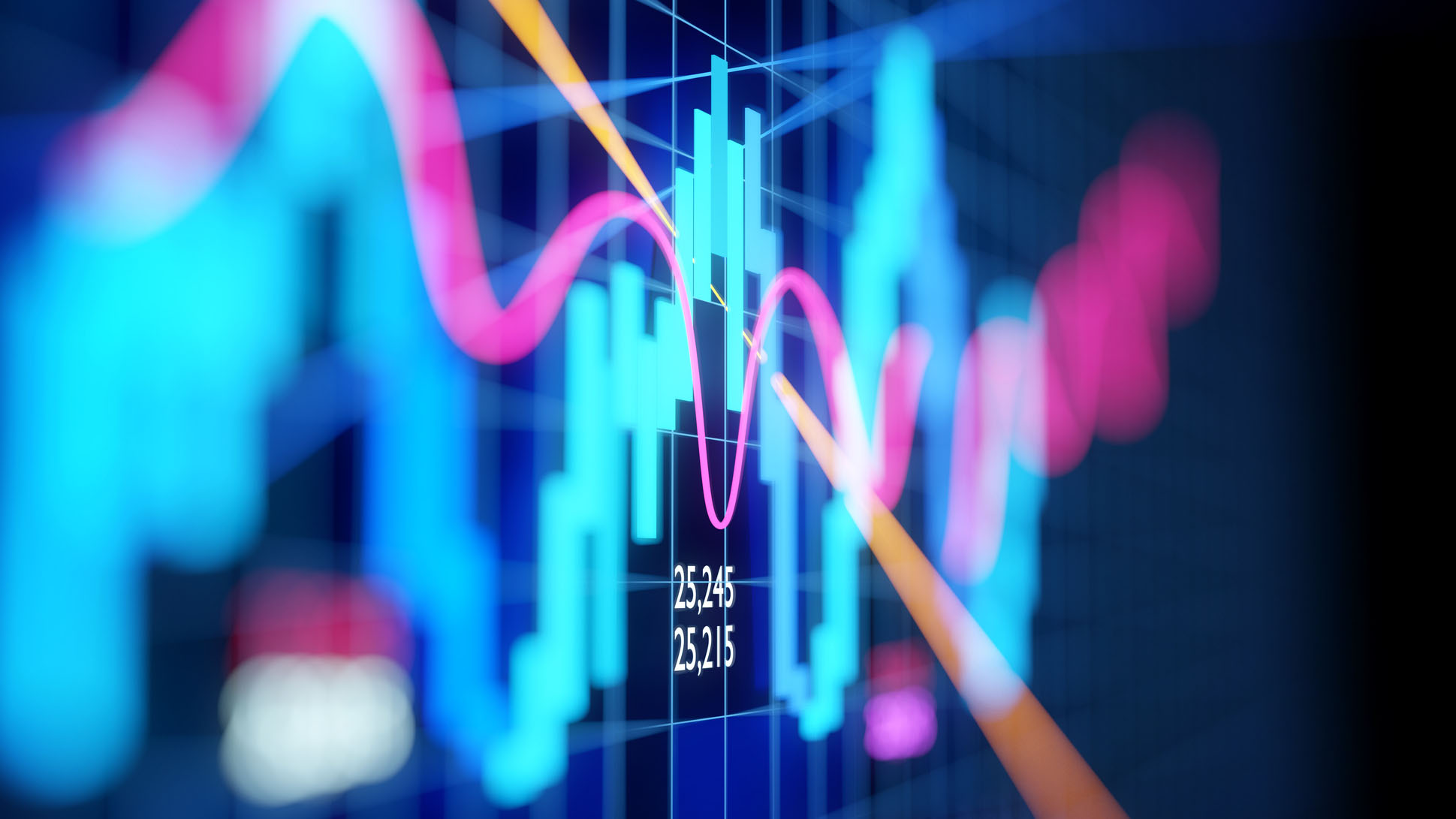
ESG index providers must balance demands for greater specialisation with profitability needs, but this is a challenge worth taking on.
The index ‘majors’ – MSCI, FTSE Russell, S&P Dow Jones and Bloomberg – are some of the most powerful players in the financial markets and yet they could face disruption as the index production landscape evolves to meet the demands of sustainability-based investment products.
This change is being driven by sustainable investors looking to invest in line with their personal principles, rather than using standard templates.
The current offerings from the index majors lack customisation and transparency over sustainability metrics. And with environmental, social and governance (ESG) indices rising by 14% across both equities and fixed income in 2019, new entrants such as second-tier providers and financial institutions are responding with innovative offerings that address these flaws and meet market needs.
The role of benchmarks and indices has skyrocketed in recent years – rising from 3% of combined US mutual fund and exchange-traded fund assets under management (AUM) in 1995 to 41% in March 2020. This is only expected to grow, with PwC forecasting that funds under passive management will rise from 17% of overall global AUM in 2016 to 25% in 2025.
According to its 2020 earnings presentation, MSCI is reorganising its divisional reporting by creating a new ‘ESG & Analytics’ segment, which was previously in the ‘Others’ segment, reflecting the heightened interest in sustainability.
The largest index providers must balance rising demand for specialisation against the profitability of delivery
But is it too late to avoid disruption? Second-tier index providers – such as Center for Research in Security Prices, Morningstar, Qontigo and Solactive – are hungry for market share and willing to meet these demands, with Solactive saying it offers ‘tailor-made’ solutions as well as wanting to develop customised indices.
Even financial institutions are looking to build their own indexing capabilities. BlackRock purchased Aperio, the leader for direct indexing, for more than $1bn. This will allow both firms to offer customised self-indexing portfolios and cater to the increasingly common sustainable investor.
If the index majors provide even more customisation, they undermine the profitability of their existing business model, especially in relation to their most popular indices – for example, S&P 500, FTSE 100, MSCI World, and so on.
What’s more, a good benchmark should be transparent, easy to invest in, appropriately labelled, balanced in terms of risks and rewards, daily priced, specific, measurable and have a low turnover of securities it includes.
These qualities are imperative for sustainable investments. Subjective judgements need to be minimal, as the indices should be built on solid quantitative metrics. But this creates more questions: how do you define issues such as consumption of single use plastics, human rights abuses or biodiversity?
In fact, at the recent Organisation for Economic Co-operation and Development Blended Finance Conference, the CEO of BlackRock commented on the need for one global standard for sustainable accounting and stated that data gathered according to this would allow the creation of customised portfolios that closely tracked indices.
There are already concerns by regulators about the integrity of indices used as benchmarks in the EU markets. In fact, after the London interbank offered rate scandal, the EU Benchmark Regulation was introduced to impose requirements for organisations that provide, contribute data to and reference financial benchmarks. Regulators will also need to ensure that large asset managers, which may sit on advisory boards of the index providers, are unable to influence the formation of indices.
ESG investing is “the growth opportunity of the century”, with PwC reporting that “In the new decade, ESG has gone from a trend to the biggest revolution in the European fund industry since Ucits [Undertakings for Collective Investment in Transferable Securities Directive] and AIFMD [Alternative Investment Fund Managers Directive]”. With ESG and sustainable investor demand growing and smaller players eager for market share, disruption is inevitable.
However, challenges remain. First, the largest index providers must balance rising demand for specialisation against the profitability of delivery. Second, asset managers and financial regulators need to ensure new benchmarks are appropriate and true-to-label. Finally, investors need to understand the implications of using highly specialised indices when considering their investment goals.
If corporate management teams become convinced that the inclusion of their company in an index is an important driver of a share price, there could be a scramble by executives to adopt more sustainable and ESG strategies, which would be welcomed by many.
John Willis is director of research at environmental think tank Planet Tracker.


